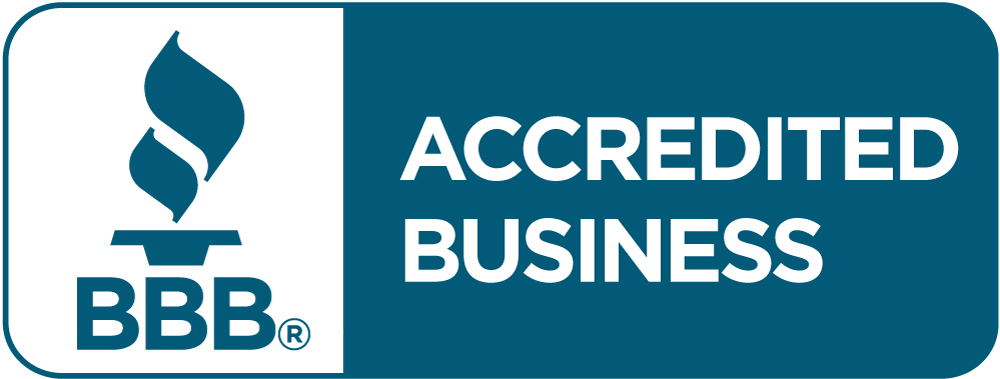Quick Links
Toggle
Risk management is at the core of financial planning for businesses of all sizes. However, with thinner margins and smaller financial reserves, small businesses are particularly vulnerable to financial risk.
This makes it crucial to properly manage financial risk in order to avoid huge losses and keep the business running during challenging times.
Thankfully, managing financial risk doesn’t have to be tricky. Below, we’ve outlined our top tips on financial risk management for small businesses.
1. Maintain Cash Reserves
At a minimum, you should have three to six months of operating expenses on-hand at any given time. These additional funds act as a safety net, particularly in the case of unforeseen expenses or revenue drops. It also means that you can maintain your agility during uncertain times and prevent downsizing your operations—which can cause more harm than good in the long run.
2. Keep Your Operations Lean
Keep an eye out for methods to save money for your small business. Keep your expenses under control and look around for the top vendors at the best costs. Additionally, take a proactive approach to reduce and eliminate waste. This not only enhances profitability but also improves your business’s ability to weather downturns.
3. Implement a Stop-Loss Formula
Brokers use a stop-loss formula to sell shares when they reach a certain price. The positioning of their stop-loss depends on their risk tolerance, as the price should minimize and limit loss.
A similar formula can be used in your small business financial risk management. For instance, if you lose X amount of money, you must refrain from spending Y amount until you get Z outcome. Ensure your strategy is clear by tracking these figures in a report or an Excel spreadsheet.
4. Keep Your Personal and Professional Finances Separate
One of the most common mistakes made by small business owners is failing to completely separate personal and professional finances. Separating the two not only makes tax preparation—like deductions—easier, but it also helps you build business credit, offers you more credibility, and shields you from certain liabilities.
Thankfully, there are many simple ways to separate your personal and professional finances. Start by opening a business bank account and obtaining a business debit or credit card. Additionally, pay yourself a salary, form a business entity, and keep track of both personal and professional purchases by keeping receipts on file.
5. Focus on Agility
Small businesses must include agility as a basic element in their business model and risk-mitigation strategy. Because it’s difficult to predict the future, the next best thing is to design your company in a way that would allow it to respond swiftly to changes in the environment.
For every piece of infrastructure, ask yourself: “What else can we do with this?” For each expenditure line, the question should be: “Does this scale down if revenues decline?” or “Can we rapidly scale this up if the market provides an unexpected opportunity that we can capitalize on?”
When business owners are encouraged to think about agility as much as efficiency, they are able to build more robust and resilient establishments.
6. Concentrate on the Future, Rather than the Past
As a small business, it’s all too tempting to look back over the year to see how you performed. While this can be helpful, focusing on the past alone is not an ideal strategy to manage risk and operate a business. Working with your accounting staff to take a proactive strategy is a better option. What will your cash flow look like? How much money are you going to make? Concentrate on the leading data and the future, rather than the past.
7. Make Smart Decisions About Funding
You may have limited financial reserves as a small-business owner. It’s therefore critical to assess your working capital regularly and determine whether more funds are required.
When looking to expand your business, there are several different forms of funding to consider.
When researching business funding possibilities, you must also evaluate a number of criteria, including:
- The amount of capital you require
- The nature of your business and your prospects for growth
- The stage of development your business is currently in
Every company will have various reasons for seeking funds, and each funding proposal will have its own distinct characteristics.
If you need funding for your small business but want to limit financial risks, MCAs from Zinch are the smart choice. Contact us at (714) 500-6622 to learn more about your options. You could qualify for up to $250,000 in just 24 hours.










